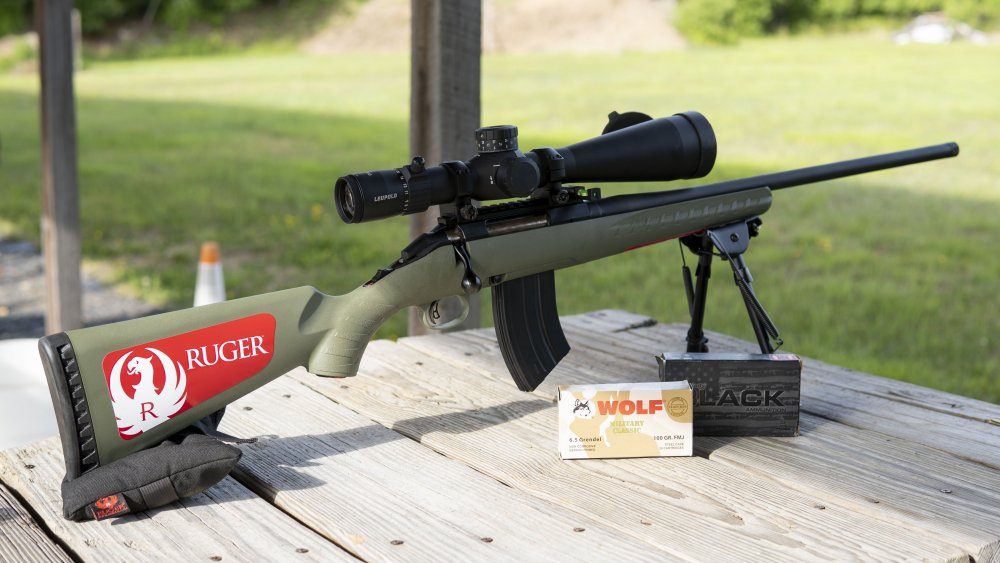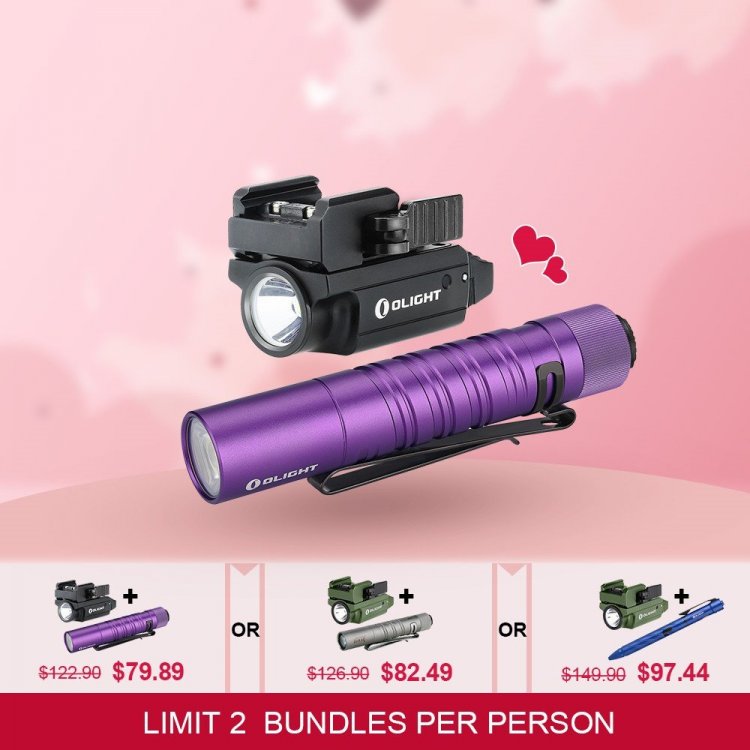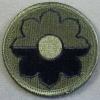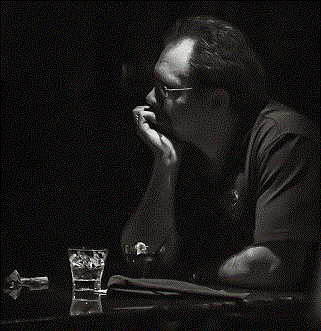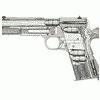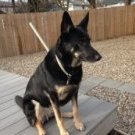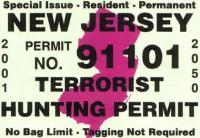-
Recently Browsing 0 members
No registered users viewing this page.
-
Supporting Vendors
-
-
Latest Topics
-
-
Similar Content
-
By Mr.Stu
I have been asked to run a class to prepare people for carrying a defensive firearm by my home range, Phillipsburg Pistol club.
It will be held on August 6th, from noon until approx. 4pm.
We will cover safe use of a holster and a number of defensive shooting techniques.
The class will finish with running each student through HQC1 and a certificate will be provided for those that achieve a passing score.
It is open to all, but members of Phillipsburg Pistol Club will have spots reserved for them.
Sign up here: https://www.eventbrite.com/e/holster-use-and-defensive-shooting-techniques-registration-675278625547
-
By ESB
Going to do a few posts on at home training including what you need, how to do it safely and cover some drills. From basic to some more advanced stuff. Really the importance is to focus on perfecting the basics and make it become second nature. It's important to start slowly, fix any mistakes, and build proper muscle memory. Avoid getting sloppy or lazy and developing training scars.
Practice does not make perfect. Practice makes permanent. Only perfect practice makes perfect.
I like to spend about 20 minutes a few days a week. 5 minutes for setup and clean up, and 15 minutes for practice. That's all that's really needed. Make sure you have a goal in mind on what you want to focus on. This will prevent you from getting sloppy and getting training scars, and will help you stay interested by allowing you to constantly improve.
SAFETY:
Setup a safe area where you will not be interrupted. Place your targets in the safest position in case of an accidental misfire.
Immediately check and make your gun clear. Do the same with the magazines you will be practicing with (recommend 2 empty magazines).
Retrieve all of the items you might need for this training. You don't want to have to go back into the safe or storage where your live guns and ammo are once you start practicing.
Store and lock up all live ammunition away from where you will be doing the training for the entire duration of the training. If you can't lock it up, it should be in a separate room where you will not go until your training session is totally finished and you are putting everything away.
Every time you pick up the gun, check that it is clear. Even though you know its clear, this creates the mindset to always check the status of a gun when you pick it up.
When you are done training, you are done. Don't go back and do one more thing after you start putting things away. This is when accidents happen.
-
By Iggyort
I am looking to gauge the intrest in holding an " Introduction to Smallbore F Class " Clinic in 2020. The Clinic would be held in either Pa or NJ and would cover the following material:
What is Smallbore F Class Rifle
Optics
Bipod/ Rest
Ammunition
Targets
Basic Wind Reading
Course of Fire
The Clinic would be taught by experienced SB F Class Competitors
-
By TacticalTrainingCenter
To promote proper firearm use and gun safety, we have our Youth Firearms Academies. These week long tactical training and safety class seek to teach your child practices for safe firearms handling, operation, and marksmanship.
These courses are available to teens aged 13-17. With a wide array of available firearms, your teen will learn the best practices for handguns, rifles, shotguns, and even muzzle loaded firearms.
All academy classes run Monday through Friday, from 8:00 am to 12:00 pm.
Basic Academy Dates:
June 24th-28th
July 22nd-26th
Advanced Academy Dates:
July 8th-12th
August 5th-9th
Learn More and Register Today
-
By Blank
Costa's Final NJ Training session. We are taking it to another state after this.
There are a couple slots left...https://costaludus.com/courses/carbine-elements-theory-1-cet1/
-
-
Posts
-
Ha! The joke's on them! We don't need their help to destroy our infrastructure lol!
-
By CMJeepster · Posted
Trump's fault... -
https://www.reuters.com/technology/cybersecurity/fbi-says-chinese-hackers-preparing-attack-us-infrastructure-2024-04-18/ "An ongoing Chinese hacking campaign known as Volt Typhoon has successfully gained access to numerous American companies in telecommunications, energy, water and other critical sectors, with 23 pipeline operators targeted, FBI Director Christopher Wray said" "China is developing the "ability to physically wreak havoc on our critical infrastructure at a time of its choosing. Its plan is to land low blows against civilian infrastructure to try to induce panic." I think this is actually just an elaborate Chinese marketing campaign to sell more radios and cheap survival gear.
-


